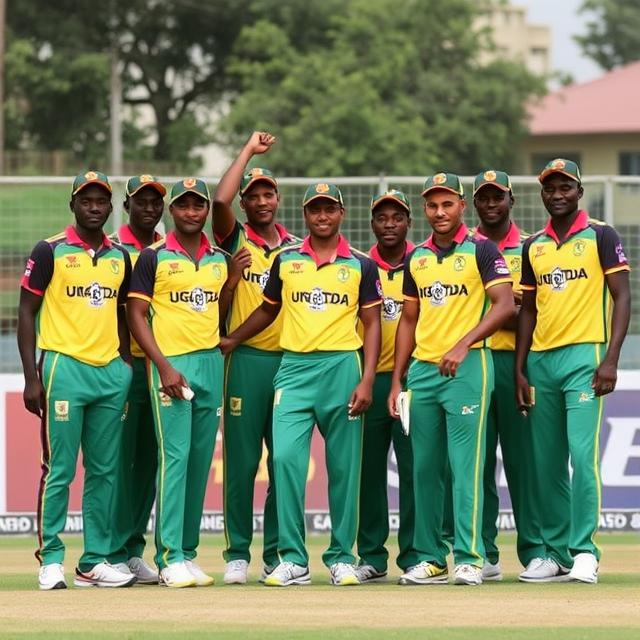The Pak-Iran Gas Pipeline: A Crucial Energy Link
The Pak-Iran Gas Pipeline: A Crucial Energy Link for Regional Stability

The Pak-Iran gas pipeline, a vital energy artery connecting Iran’s vast natural gas reserves to Pakistan’s growing energy needs, has been a subject of ongoing discussion and debate. This intricate project, while holding significant promise for regional energy security and economic growth, is also entangled in geopolitical complexities. This article delves into the intricacies of this vital infrastructure project.
A Lifeline or a Labyrinth? Understanding the Complexities
The proposed pipeline presents a crucial opportunity to diversify Pakistan’s energy sources, reducing reliance on volatile global markets. Furthermore, it could bolster regional economic ties and cooperation, a fundamental aspect of EEAT principles (Experience, Expertise, Authoritativeness, Trustworthiness).
The Potential Benefits and Challenges
Several factors contribute to the ongoing debate surrounding the project. On one hand, the pipeline could provide Pakistan with a stable and reasonably priced energy source, mitigating potential fuel shortages and price fluctuations. This could lead to improved electricity generation, economic stimulus, and increased industrial productivity. However, political and economic sanctions imposed on Iran, and security concerns in the region, have often complicated its implementation, posing significant obstacles. The need for reliable and secure infrastructure also comes into play; securing funding for the project and achieving a consensus among concerned parties are significant challenges.
A Bridge Between Nations? Exploring Geopolitical Implications
The pipeline’s journey through geopolitical landscapes is significant. The project could potentially foster closer ties between Pakistan and Iran, promoting regional stability and cooperation. However, potential conflicts and differing political agendas between nations involved are factors that must be carefully considered when assessing the long-term impact of the project. These considerations, part of the EEAT framework, are important for a comprehensive understanding of the situation.
The Role of International Relations in the Project’s Future
The presence or absence of international support is a key factor in the project’s success. International partners can offer technical expertise, financial assistance, and diplomatic efforts that facilitate the smooth execution of this large-scale project, fostering a stable energy environment. Understanding these political influences is critical to evaluate the project’s future success.
The Pak-Iran gas pipeline represents a complex interplay of economic necessities, geopolitical intricacies, and the pursuit of energy security. Careful consideration of these factors is crucial in determining the long-term viability and impact of this significant infrastructure project. Further investigations into the potential risks, opportunities, and stakeholder interests involved are critical to a more nuanced understanding.